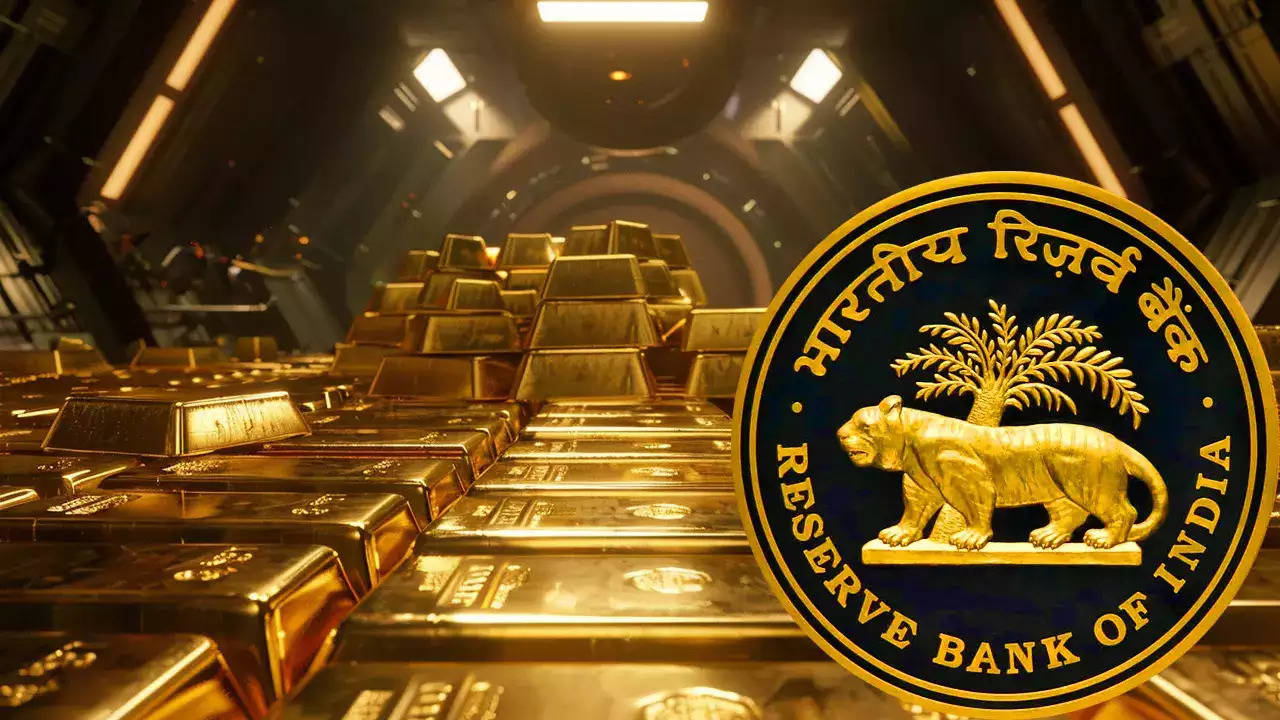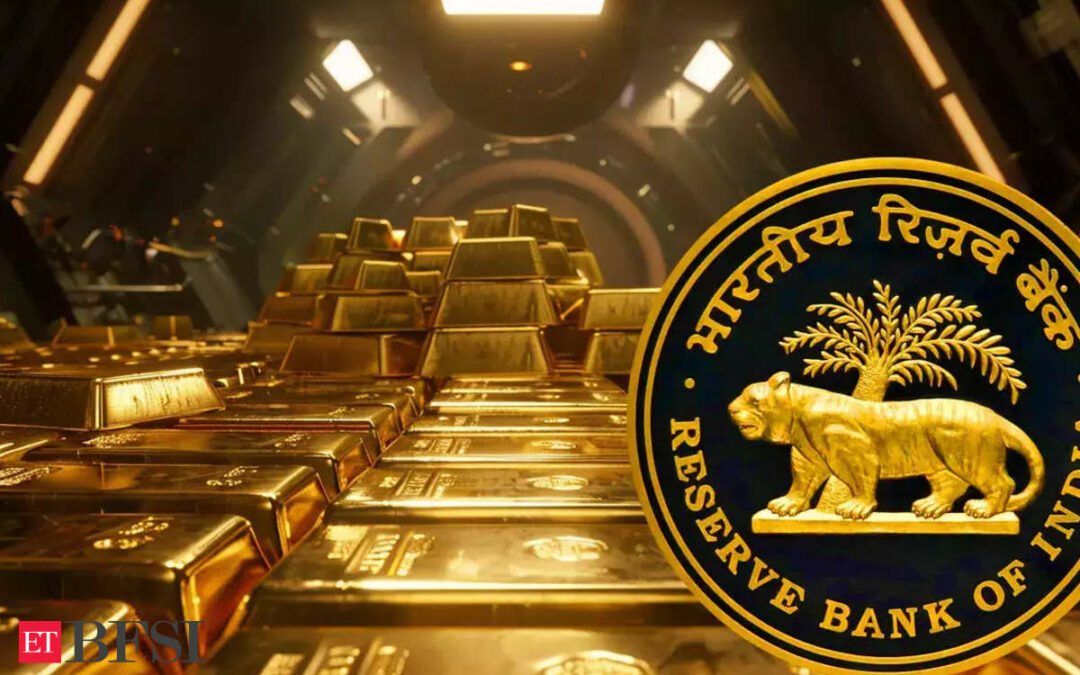– Suhani Prakash
What are Foreign Exchange Reserves?
Foreign Exchange Reserves are holdings of foreign currencies managed by The Reserve Bank of India (RBI) that are used for international transactions, including trade and settlement of debts, and supporting the Indian National Rupee (INR).
In what forms can Forex Reserves be held by RBI?
Forex Reserves can include foreign currencies, foreign treasury bills, foreign bank deposits, and long and short-term foreign government securities, gold reserves, IMF reserve positions, and special drawing rights (SDRs).
How does Gold influence the Forex Reserves?
In the 19th and 20th century, currencies in the world were linked to Gold under the ‘Gold Standard’. Nations were required to maintain a reserve of gold equivalent to the amount of the money they issued.
With the change in time, a managed floating exchange rate system came into existence where the currency value is determined by the market forces of demand and supply, and can be influenced and maintained by RBI through its policies.
Gold is still held in the forex reserves as it is a significant asset which can be used for international trade. It can also be used to hedge against inflation as it cannot be diluted and retains its value far more effectively than other currencies.
Gold reserves enable the central bank to broaden its foreign exchange reserves and stabilize the economy.

Why does RBI increase the Gold Reserves?
As of July 2024, RBI mentioned that it has $58.66 billion gold reserves in its Forex reserves.
Gold provides stability and is not directly linked to the performance of any single currency. It can be particularly useful during periods of economic uncertainty or when the value of the dollar is fluctuating.
Holding a large gold reserve offers a cushion for the economy during financial crises as gold generally stays steady when other investments become unstable.
India can settle debts with other nations using its gold reserves if those countries do not accept INR.
Why are forex reserves fluctuating despite large gold reserves?
Though gold reserves do stabilize the forex reserves of a country to an extent, it still has its limitations.
RBI has indicated that the primary purpose of maintaining gold in its reserves is to diversify its foreign currency asset base, serve as a safeguard against inflation, and reduce risks associated with foreign currencies.
Gold typically holds its value, but its price can be unstable in the short term due to international market forces, relations between nations and fluctuations in investments, affecting the stability of gold reserves.

Current Scenario of Gold reserves in India
India’s forex reserves had risen by $5.158 billion to $657.155 billion in June. During the Q1, gold made up 69% of the RBI’s reserves.
Gold reserves increased by $904 million, reaching $57.432 billion, according to the RBI in July 2024.
The week ending August 9 saw a decline in the gold reserves from $860 million to $59.239 billion.
As of August 16, there was an increase in the gold reserves by $865 million to $60.1 billion. According to the data released by RBI on Friday, India’s forex reserves have increased by $4.54 billion to $674.66 billion











